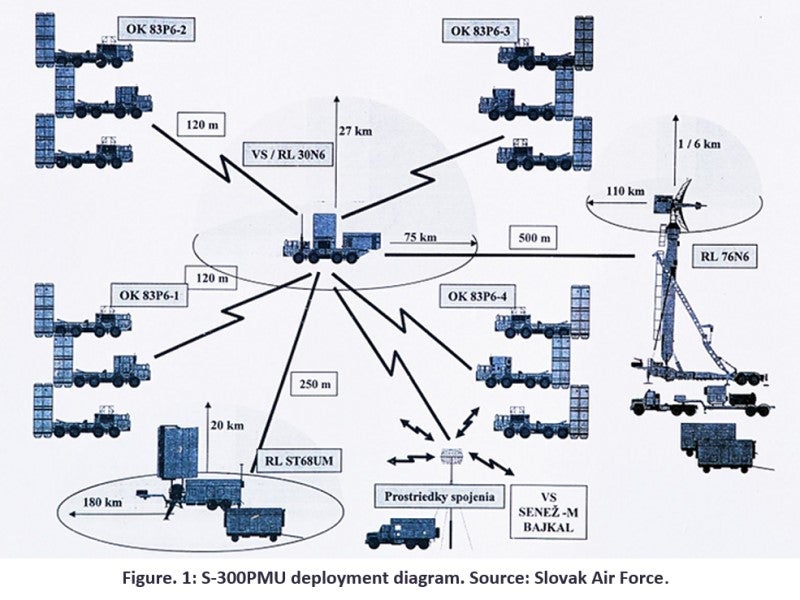
Defence has commonly been seen as an outlier for environmental, social, and governance (ESG), operating outside the frame of conduct for most other industries. However, at the most basic level, sustainability means efficient use of assets and resources, material security, and long-term planning. As a result, most western militaries now have sustainability strategies.
Listed below are the key macroeconomic trends impacting ESG performance in the aerospace defence, and security (ADS) sector, as identified by GlobalData.
Offset agreements and ESG
Defence offsets are arrangements in which the purchasing government of the importing country obliges the supplying company of the exporting country to reinvest some proportion of the contract in the importing country. In many countries, there is almost no due diligence on potential improper beneficiaries from the offsets. Often this is by design.
There is also no monitoring of performance on offset contracts, audits of what was delivered compared to the pledges, or publication of offset results, benefits, or performance. This makes offsets an ideal playground for corruption.
The green restart
The Covid-19 pandemic has focused attention the looming climate crisis and its potentially grave economic and political impacts. The restarting of the global economy following the pandemic was seen as an opportunity to develop a proactively green economy, though the reality of this is still be seen.
The commercial aerospace industry has long been the target of scrutiny, given its large carbon footprint. It is possible that, following the post-Covid-19 pandemic, more stringent measures to mitigate the climate crisis will be enacted. This will increase the demand for cleaner alternatives in the aviation industry and make development of such alternatives more urgent.
Single source contracts and ESG
Single-source procurement occurs when contracts are awarded to a selected provider without competition. Historically, ministries and departments of defence have awarded a significant proportion of contracts without open competition on national security grounds, or because there is only one specialist supplier available.
Abstaining from the usual competitive bidding process presents risks surrounding accurate financial evaluation and corruption. While there can be good reasons for single sourcing, opportunities for corruption are significant.
This is an edited extract from the ESG (Environmental, Social, and Governance) Top Trends by Sector – Thematic Research report produced by GlobalData Thematic Research.




